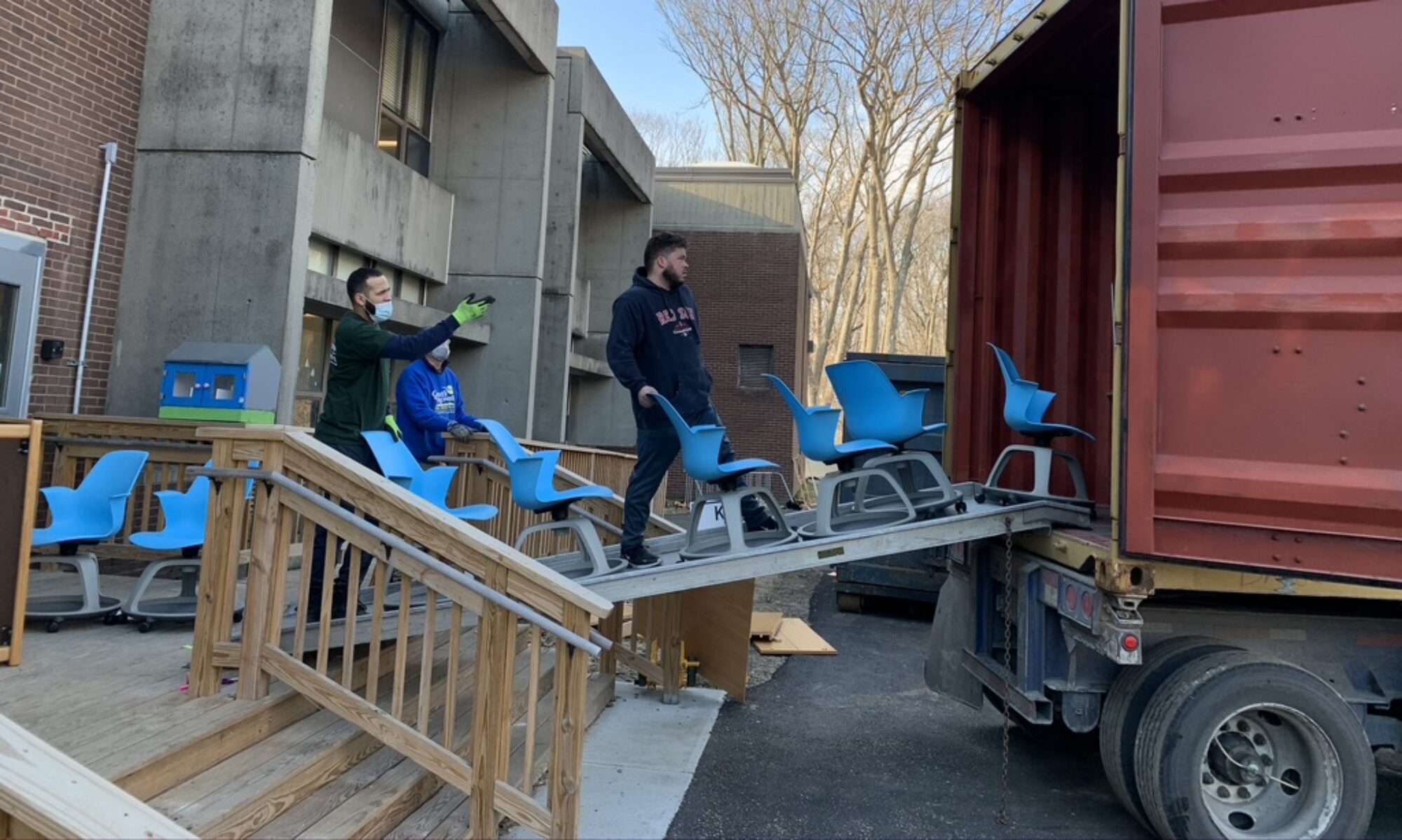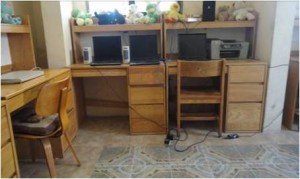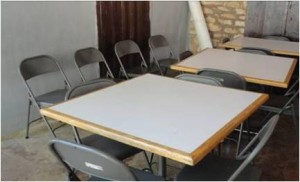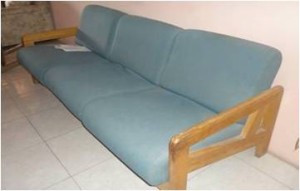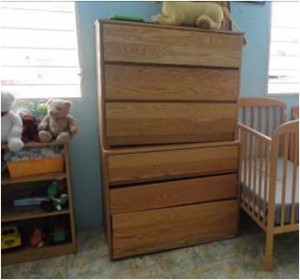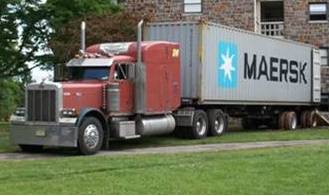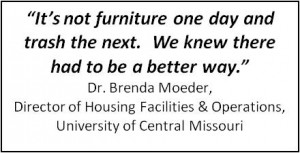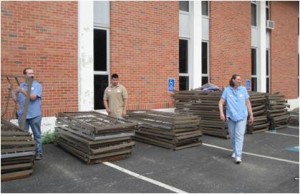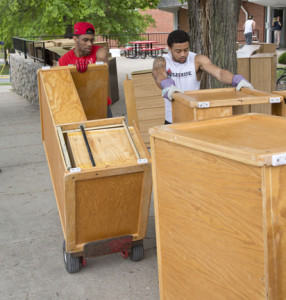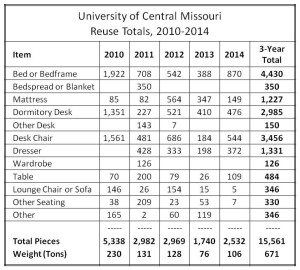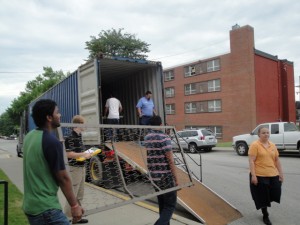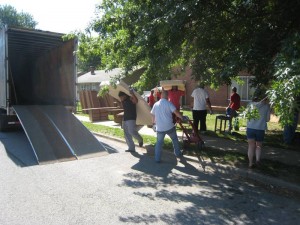
David Koch is in the news again. If you do not know about David Koch, you should look him up. David Koch is very rich, very powerful, and does not like solar energy. Nor do his friends. They hate the idea of solar energy. They spend lots of money to convince people to agree with them, and they are planning to spend a lot more.
I would like to sit with David Koch for 48 hours. I would like to see if David can survive two days without solar energy. I bet not ….
David, take your clothes off, please. No, I don’t want really want to see you naked. But that Ralph Lauren shirt, David, that cotton Ralph Lauren shirt. Cotton, David. That’s a plant. Plants grow in sunlight. You have that shirt thanks to solar energy. Off with it. Those nice wool trousers, David. Wool, from sheep, sheep that eat plants, turn them into wool. Solar, David, solar. The trousers have to go. Nice silk boxers, David. Silk, from little worms, little worms that eat plants, turn them into silk. The boxers have to come off, too. Dang those pesky plants.
David, you say you’re getting hungry? Well, apologies, but we had to toss all the food. Because last time I looked, every single morsel of food eaten by every human being on earth is a product of solar energy. Every fruit, every vegetable: solar energy, captured by a plant. Every single piece of meat: solar energy, captured by a plant that was eaten by an animal. Every piece of bread or candy or chocolate cake that you have ever eaten, David, or ever will think of eating. I’m sorry David, but food is out.
David, you’re thirsty? I’m sorry, you’ll have to go thirsty, too. Because you see, every drop of fresh water on the planet – all the lakes and streams and the groundwater, all the clouds in the sky and every raindrop – they all are water that has been evaporated and distilled by the sun. Some wine or fruit juice? Sorry David. They’re double solar, plants fueled by the sun, water distilled by the sun. David, try some seawater.
David, you’re looking ill. Don’t tell me you drank the seawater. You need to get to the hospital. But how shall we get you there? We can’t call an ambulance, because that darned ambulance runs on gasoline, and that darned gasoline comes from oil, and that darned oil comes from dead plants and animals, and those darned plants and animals … well, hell, David, those darned plants and animals got there thanks to solar energy. Even if we had some other fuel, David, we’d have to leave behind the tires, and the seats, and the dashboard, and the steering wheel, well just about the whole damned ambulance, even the paint. Solar, every one. Sorry David, no ambulance and no ride.
David, you say you’ll pay anything to get out of this place? You’re offering me a fistful of hundred-dollar bills? David, my man, much as I’d like the Franklins, I can’t help you. Those bills are mostly cotton, and there we are back to cotton and the sun. Put them away, David. No solar, no Hundies.
David, you’re serious? You’ll give me your whole empire for a drink of water, a sandwich, and a bathrobe?
Sorry David, I’d love to, but no can do. You know where your empire comes from, of course. Asphalt. Chemicals. Oil. And where do those come from? David, I hate to tell you this, but you are a Solar Energy Billionaire.
And you know what, David. You, yourself, the living, breathing, anti-solar David Koch, you are 60% water. You are 60% solar energy. Take away solar energy, and you’re not only naked, starving, parched, and penniless. Take away solar energy, David, and you, like all of us, are lifeless, shriveled, a pile of dust.
